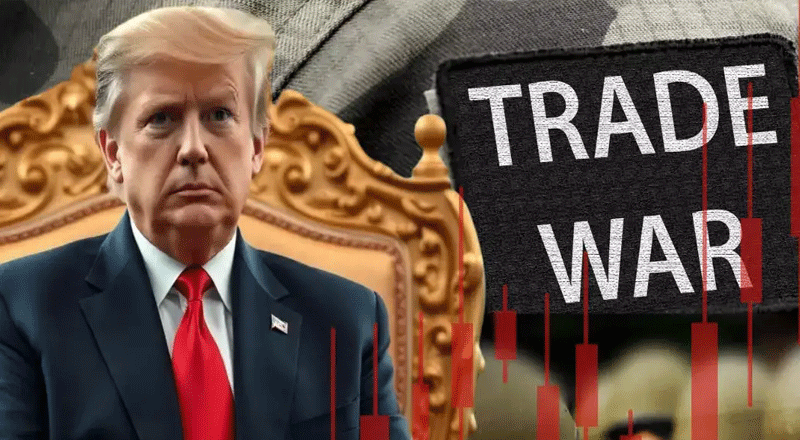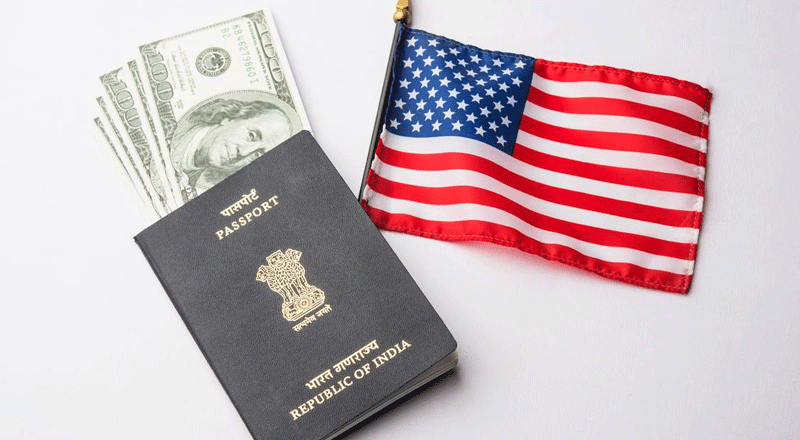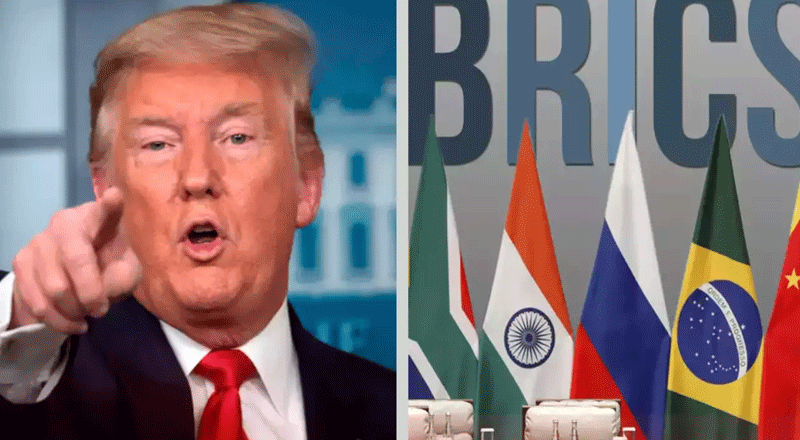The Legacy of U.S. Trade Battles
Trade wars have long been a tool of economic strategy, but President Donald Trump’s latest tariff impositions on Mexico, Canada, and China have sparked significant global concerns. Barriers on imports from these three major trading partners are set to take effect, threatening to disrupt markets and trigger retaliatory measures. With history repeating itself, the U.S. now faces backlash from allies and competitors alike, raising alarms about potential economic downturns.
Economic Ramifications: A Double-Edged Sword
Trump has justified the tariffs as a necessity to curb illegal immigration, combat drug trafficking, and revive domestic manufacturing. The imposed levies include a 25% tariff on Canada and Mexico and 10% on Chinese imports, which amount to nearly half of all U.S. imports. However, economic experts warn that the immediate consequences could be severe:
- Inflationary Pressure: Tariffs will drive up the cost of imported goods, leading to higher prices for consumers.
- Stock Market Decline: Major indices have already taken a hit, with a 2% drop in U.S. stock futures and similar declines in Asian and European markets.
- Currency Volatility: The Canadian dollar, Mexican peso, and Chinese yuan have slumped against the U.S. dollar.
- Oil and Gas Impact: U.S. crude oil prices have surged by over $1 per barrel, affecting global energy markets.
Retaliation from Trade Partners
In response, Canada and Mexico have unveiled countermeasures, slapping tariffs on U.S. products. Canada has targeted $155 billion worth of American goods, including household staples such as peanut butter, beer, and wine. Prime Minister Justin Trudeau has encouraged Canadians to boycott U.S. products, emphasizing the nation’s sovereignty. Meanwhile, Mexican President Claudia Sheinbaum vowed resilience, asserting that Mexico will not succumb to economic coercion.
China, on the other hand, has declared that it will challenge the tariffs through the World Trade Organization (WTO) while keeping negotiations open. A major point of contention is Trump’s linking of trade policy to the fentanyl crisis, which China insists is a domestic U.S. issue.
The European Union in the Crosshairs
Trump has also set his sights on the European Union, declaring that tariffs on EU goods will “definitely happen.” The EU has responded with warnings of its own countermeasures, with top officials stating they “will respond firmly” to any trade restrictions. Automakers, particularly Volkswagen, have expressed concerns over potential disruptions to the global supply chain.
Domestic and Political Fallout
Within the U.S., Trump’s tariff strategy has drawn criticism from both sides of the aisle. While some Republicans support the move as a bold stand against trade imbalances, others argue that it will hurt American consumers more than it helps. Senate Minority Leader Mitch McConnell warned, “Why pick a fight with your allies when Americans will be the ones footing the bill?”
Legal challenges are also looming, as trade lawyers argue that Trump’s unilateral decisions may push the boundaries of executive power. Meanwhile, a recent Reuters/Ipsos poll shows that the American public remains divided, with 54% opposing the new tariffs and 43% in favour.
Industries Brace for Impact
Key sectors such as automobiles, energy, steel, and semiconductors are expected to bear the brunt of the trade war. The North American automotive industry, deeply interwoven between the U.S., Canada, and Mexico, is facing supply chain disruptions that could increase the cost of production and reduce competitiveness. The energy sector, too, is in flux, as the administration imposes a 10% tariff on Canadian energy exports.
Future Prospects: Negotiation or Prolonged War?
With February 6 marking the official implementation date, economic analysts remain uncertain about how long these tariffs will remain in place. Trump insists they will continue until illegal immigration and drug trafficking are curbed, but without clear benchmarks, the timeline is murky.
Some experts suggest there is still room for negotiation. Goldman Sachs economists believe that the tariffs may be temporary, contingent on agreements between the affected countries. The WTO’s role will be crucial, as China, Canada, and Mexico prepare to challenge the U.S. through international legal channels.
The Global Economy at a Crossroads
As the trade war unfolds, the world watches anxiously to see how it will impact global economic stability. Will the U.S. manage to leverage these tariffs into favourable trade deals, or will they backfire, leading to inflation, job losses, and stagnation? The coming months will determine whether Trump’s strategy is a calculated move toward economic supremacy or a risky gamble with far-reaching consequences.
(With inputs from agencies)





